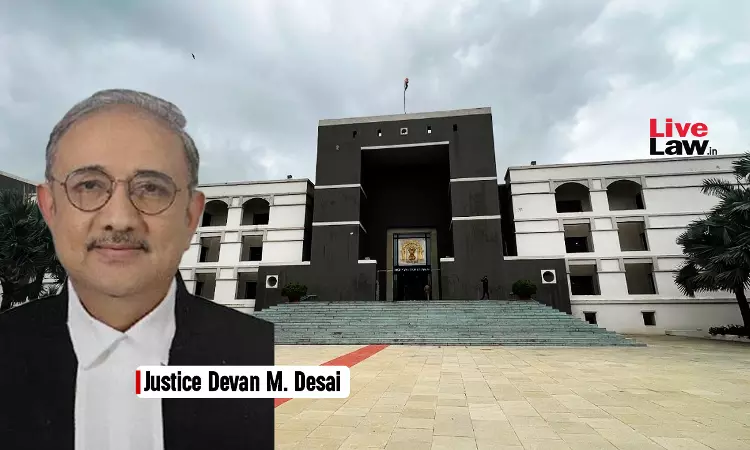Gujarat High Court Directs State, Universities To Clarify Student Allotment To Non-BCI Approved Law Colleges
Bhavya Singh
24 May 2024 4:42 PM IST

Next Story
24 May 2024 4:42 PM IST
On a plea by eight law colleges in the State seeking recognition by the Bar Council of India (BCI), the Gujarat High Court today instructed the State to file an affidavit explaining whether a law college not recognized or approved by the BCI can be allotted students by the government.The High Court also sought similar affidavits from the universities to which these eight law colleges...
